Retro Replay Review
Gameplay
Xenosaga: Episode III refines and celebrates the combat traditions established by its predecessors, offering a balanced blend of turn-based tactics and layered customization. Players will find themselves seamlessly transitioning between visceral, character-driven battles and massive Gear confrontations that demand adaptability. The familiar boost gauge, ether attacks, and strategic use of status-inflicting skills remain central, while the simplified Break system streamlines decision-making without sacrificing depth.
(HEY YOU!! We hope you enjoy! We try not to run ads. So basically, this is a very expensive hobby running this site. Please consider joining us for updates, forums, and more. Network w/ us to make some cash or friends while retro gaming, and you can win some free retro games for posting. Okay, carry on 👍)
One of the most welcome changes is the return of robust weapon and equipment management from the first episode. You can fine-tune each character’s loadout to match your preferred play style—whether that means stacking high-damage armaments on KOS-MOS or optimizing Shion for ether-spamming. Meanwhile, Gears enjoy a wider suite of special moves, encouraging players to experiment with combos that can turn the tide of battle. The added “immobilize” bar on both sides pushes you to exploit timing windows, rewarding careful planning.
Beyond the mainstory fights, the game’s database and puzzle mini-games inject a welcome breath of variety. With 60 distinct puzzles and a full editor to create your own challenges, Xenosaga III caters to both explorers and completionists. This feature isn’t merely a distraction—it enhances the world-building by letting you uncover new lore entries, monster profiles, and combat tactics as you solve each brain-teasing riddle.
Graphics
Visually, Xenosaga: Episode III stands as a showcase for the PlayStation 2’s cinematic capabilities. The pre-rendered cutscenes merge anime-style character portraits with richly detailed 3D environments, resulting in moments of genuine visual splendor. Whether you’re exploring Vector’s gleaming research facilities or wandering the ancient ruins tied to the Gnosis phenomenon, the game’s art direction succeeds in evoking a vast, futuristic cosmos.
Character models capture expressive animations during dialogue, giving emotional weight to each revelation in Shion Uzuki’s journey. The Gears, too, are meticulously designed—each mechanical limb and energy blast feels substantial in the heat of battle. Although some textures may show their age, the dynamic camera angles and lighting effects frequently compensate, delivering jaw-dropping sequences when T-elos and KOS-MOS clash.
Even outside of combat, minor details shine through: flickering holo-displays, ambient particle effects in the depths of space, and intricately animated enemy designs that reflect the otherworldly menace of the Gnosis. While hardware limitations occasionally lead to brief frame-rate dips in crowded scenes, the overall presentation remains one of the most polished in the Xenosaga trilogy.
Story
Xenosaga: Episode III picks up one year after Episode II, catapulting players into a narrative web of corporate intrigue, metaphysical conflict, and personal reckoning. When Shion Uzuki stumbles upon evidence linking her employer, Vector Corporation, to the catastrophic Gnosis event, she makes a dramatic decision to abandon her post. This act of defiance sets the stage for a globe-spanning quest to unearth long-buried secrets that will reshape humanity’s future.
The introduction of T-elos as a mysterious counterpart to KOS-MOS injects a fresh dynamic into the party’s interactions, forcing loyalties to be tested and alliances to shift. As you guide Shion through conspiracies that stretch from subterranean labs to colossal space stations, the script deftly balances high-concept philosophical themes with intimate character moments. Longtime fans will appreciate callbacks to earlier episodes, while newcomers can still follow the core mystery thanks to in-game glossaries and database entries.
At its heart, Episode III is a story about choice, sacrifice, and the struggle to define one’s destiny in the face of cosmic forces. The emotional climax feels earned, providing closure to the trilogy’s sprawling narrative without abandoning the ambiguous, thought-provoking questions that have driven the series from day one. Whether you’re invested in Shion’s personal growth or the fate of all humankind, the tale unfolds with a satisfying blend of spectacle and sincerity.
Overall Experience
As a concluding chapter, Xenosaga: Episode III delivers a comprehensive package that will resonate deeply with series veterans. Its refined combat, robust customization, and abundant side content make for an experience that can easily exceed 50 hours. Even though the narrative-heavy presentation occasionally leans on lengthy cutscenes, those who remain engaged will be rewarded with one of the most ambitious sci-fi RPG finales of its generation.
Newcomers may find the series’ lore somewhat dense—especially given the philosophical references and recurring characters—but the in-game database and accessible tutorials mitigate this steep learning curve. The puzzle mini-games and Gear battles act as welcome interludes, preventing the pacing from feeling stagnant and encouraging exploration beyond the main storyline.
In sum, Xenosaga: Episode III is a fitting crescendo to a saga that has always dared to blend intricate storytelling with strategic, mech-laden combat. Its few technical blemishes are overshadowed by a passionate narrative and compelling gameplay loops. For anyone seeking an epic sci-fi adventure that challenges both mind and spirit, this final installment stands proudly as a must-play.
 Retro Replay Retro Replay gaming reviews, news, emulation, geek stuff and more!
Retro Replay Retro Replay gaming reviews, news, emulation, geek stuff and more!
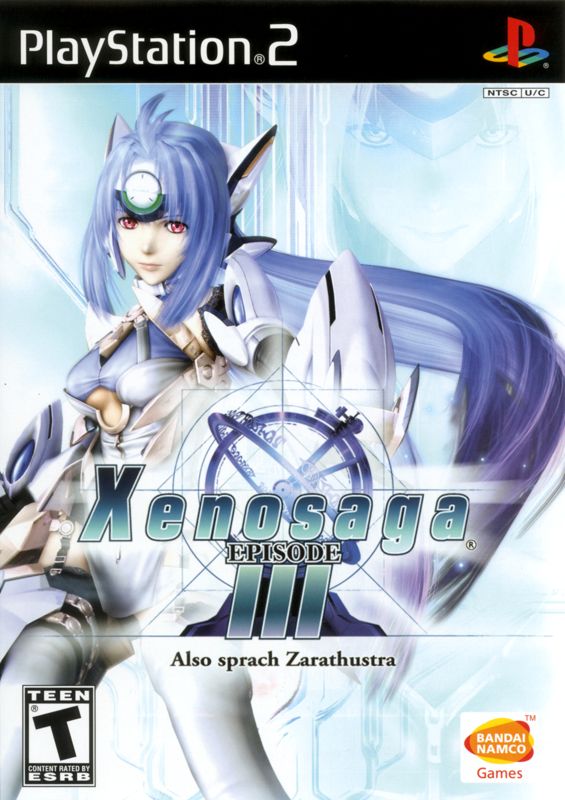
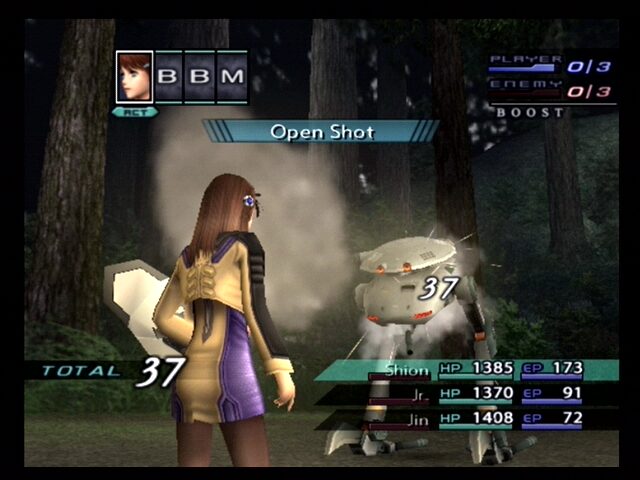
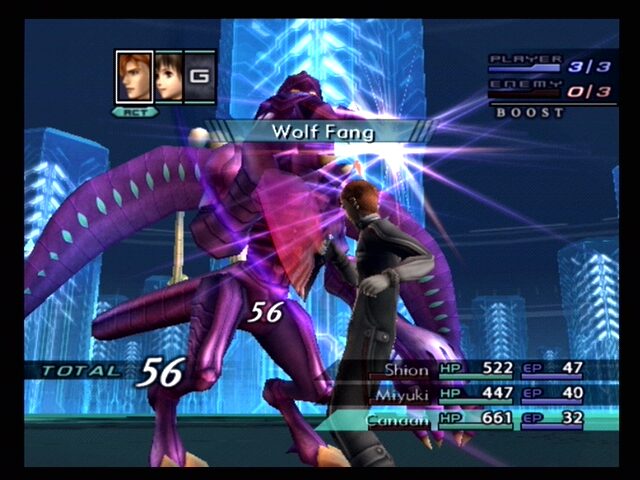
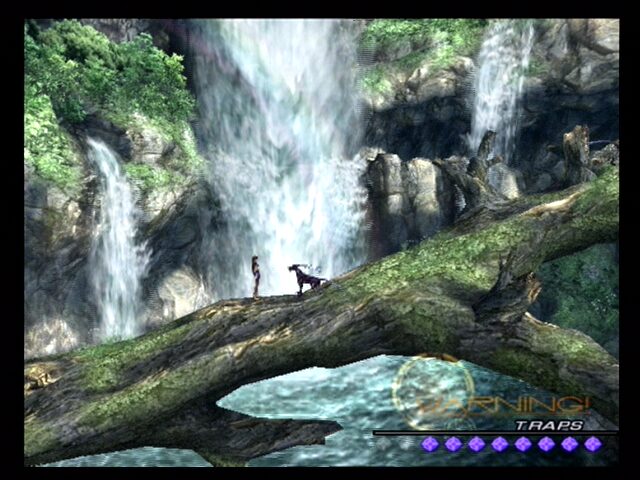
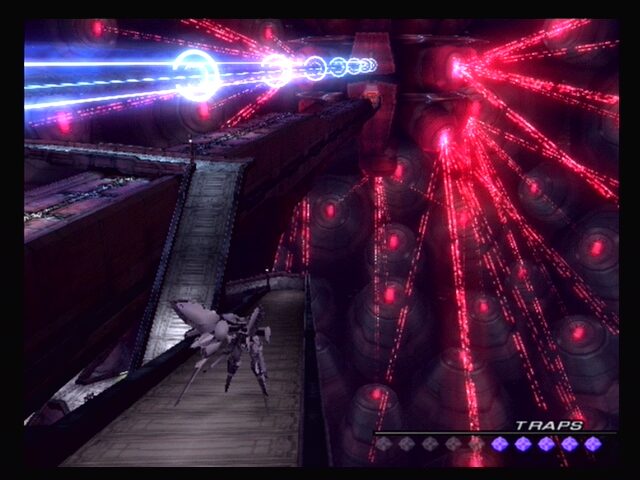
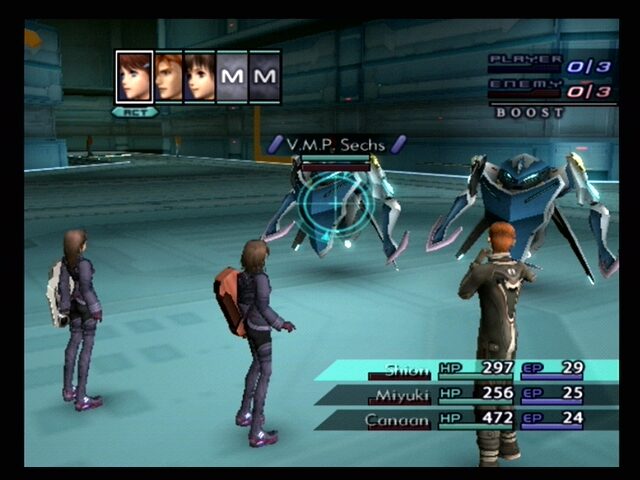

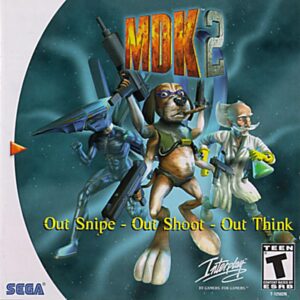
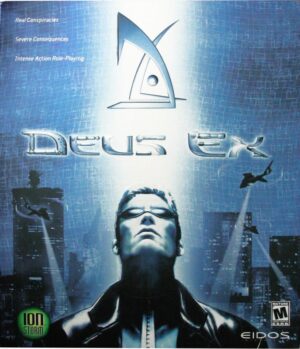
Reviews
There are no reviews yet.